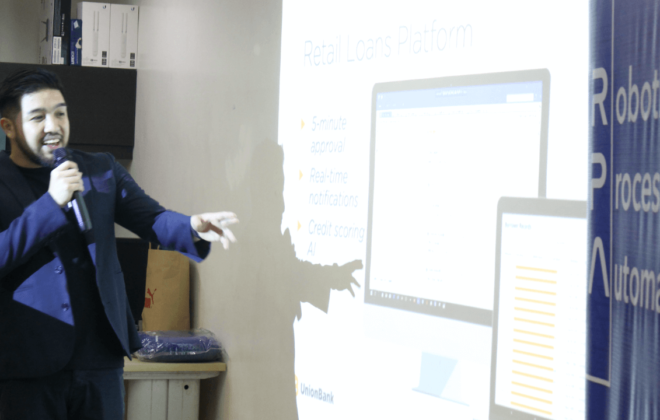Why Industries are Hiring Talents with AI and RPA Skills?
RPA, Stories, Tech, Tips, Trends
0
Job seekers with technology-driven skills are bound to be in-demand in the near future according to human resource social networking platform LinkedIn.
In its Future of Skills 2019 report, LinkedIn identified workflow automation, Artificial Intelligence (AI), and Robotic Process Automation (RPA) among the top ten “rising skills” in the Asia Pacific region.
The talent resource platform defined workflow automation as “automating manual processes based on pre-defined business rules.” AI professionals study and design intelligent agents to perform human-like tasks, while people with a knack for RPA can automate high volume, repeatable business tasks and processes using software with AI and Machine Learning capabilities.
LinkedIn saw a significant increase in employment of consultant, project manager, software engineer, business analyst, data scientist, robotics engineer, and other occupations which have the mentioned skill set.
The report also showed how digital skills like software management ranked high in demand in 2016 but were lower in rank in 2017. It said skills like AI, Big Data, and Cloud Computing, the so-called ABC skills, climbed up the ranks and that the demand for these skills continues to grow up to this year.
What does this mean for your business?
An increase in hiring, specifically those with RPA in their skill set, shows that industries have already taken the first steps on the path of digital transformation by adopting new technology such as AI and RPA into their traditional offering. The growing use of AI, automation, and robots in the surveyed companies calls for other business leaders to upskill their staff and expand their capabilities.
“Rising skills can be used as a signpost for how your industry is transforming or innovating. It can also be a sign of where your competitors are investing,” the study indicated.
With that, LinkedIn suggested to take actions to ensure that your business stays competitive in the market.
With RPA primed to play a critical role in the future of work, it is vital that business leaders carefully consider how to incorporate RPA into their strategy whether it be acquiring new talents with automation skills, implementing automation programs within processes, or a combination of both.
Success arises from coordination between human capabilities and robotic processing power. LinkedIn also stated that soft skills, such as creativity, problem-solving, and critical thinking, increase in value with automation.
While robots are deemed to displace routine work done by humans, 44% of surveyed talents thought higher level thinking will remain in a tech-dominated world. Automation is likewise expected to generate more jobs as talents with RPA skills are being hired to expand the application of the new technology.
To further analyze, take a look at this article on why RPA will not replace humans in the workplace.
Given the figures, the human workforce will certainly be augmented by RPA implementation in a way that will benefit both companies and their employees. RPA adoption does not only convert to higher employment job growth but gets the human force ready for future work innovations.
Get your free Robotic Process Automation (RPA) Software: Download here





